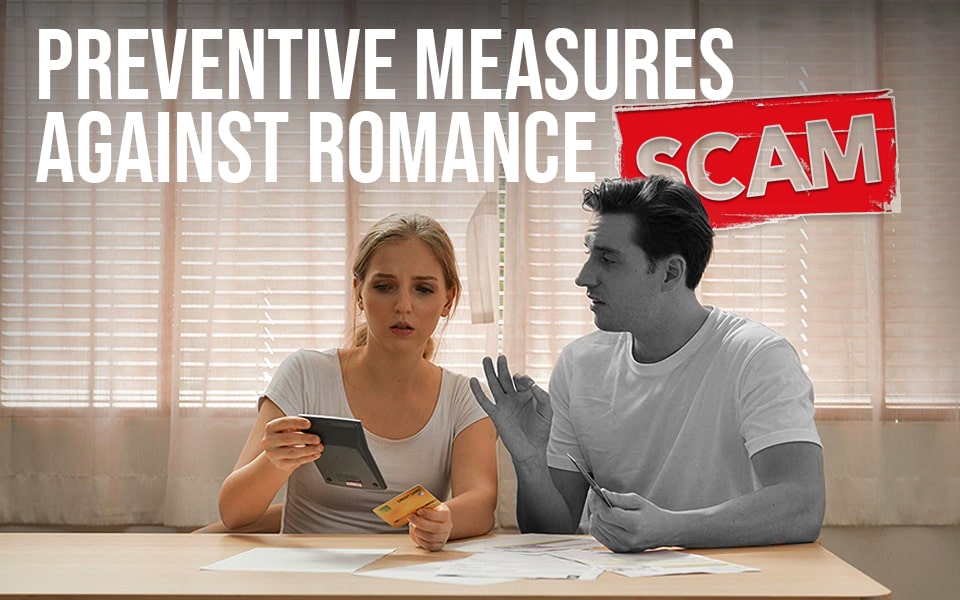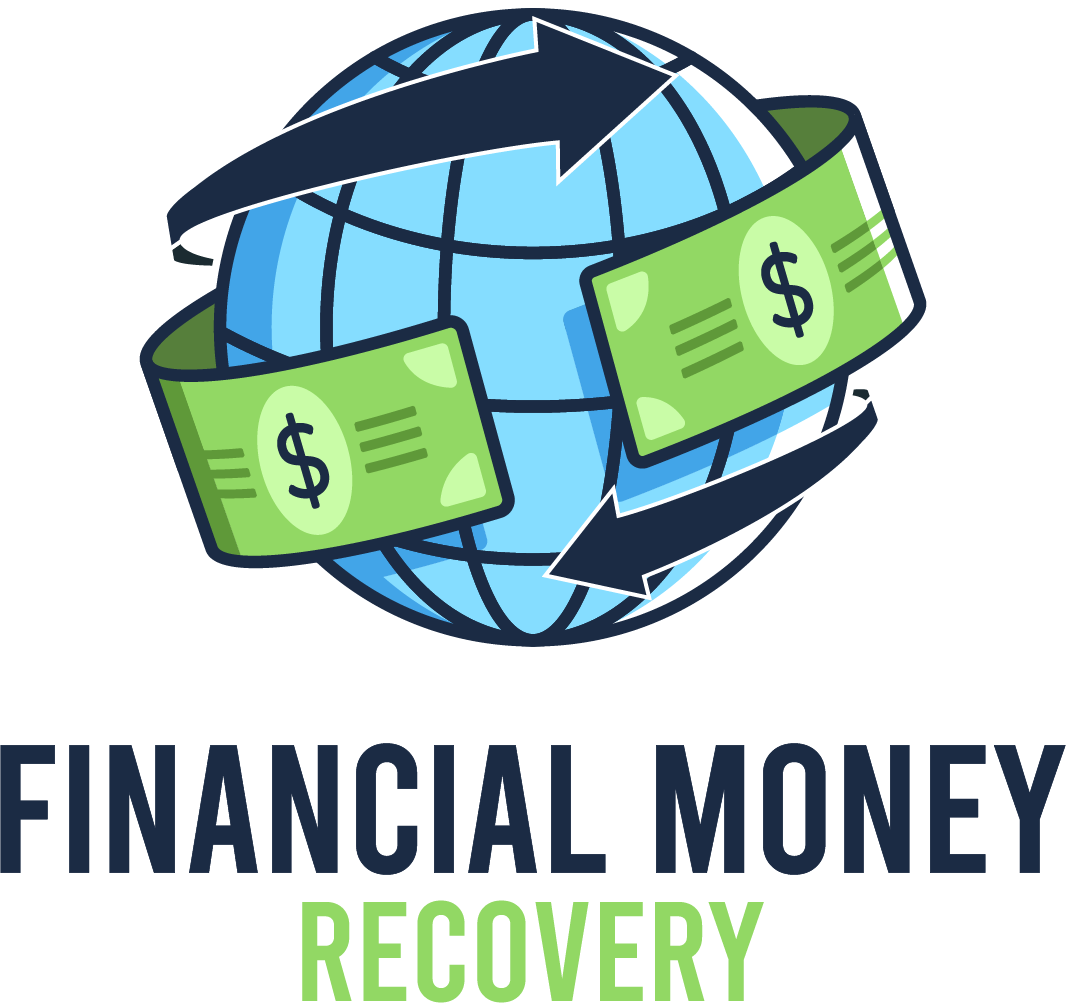



Facebook is a place where old friends reconnect, people share their wonderful moments with their friends and family, and people learn new things. With such amazing features and a wealth of new opportunities, Facebook has its dark side, as con artists have exploited the platform. Fraudsters started the Facebook investment scams by making people fall for their scams by using various tactics. In most of the scams, they impersonate an agent from a renowned company, and they engage the victim on the phone to make them fall for their trap.
In the years that Facebook advanced and strengthened its security, fraudsters adapted to technology quickly, making it tough for people to spot scams. With their scamming business growing, scammers targeted different age groups with different tactics.
To better understand the scam, let’s look into what the Facebook investment scam is, the various types of scams one should be aware of, and how to avoid them.
Facebook investment scams are frauds attempted by con artists to loot people, where a company or group of people promotes a fake investment scheme on Facebook. The fraudsters reach people by posting their fake investment opportunities on their timelines or groups and by messaging them personally.
Scammers generally make a website appear legitimate; even the emails they send appear legitimate. By creating legitimate-looking websites, they tried to dupe people by gaining trust. Through which people are prone to fall for the con, whereby scammers steal money and personal information from them before the victim realizes the damage has already been done.
When a victim shows interest in the investment, fraudsters ask for upfront fees or advance payment, and they may also request sensitive details and misuse them in the future. If scammers have your personal or account details, they can also attempt identity theft.
Fraudsters look for any opportunity to exploit the platform in order to suck as much money as possible by scamming people and disappearing into thin air. Medical fundraisers are one such example, in which they make the audience emotional and ask for money by narrating a fictitious story about a cancer patient or stealing the story from the actual fundraiser.
Con artists persuade people to believe their stories by creating an emotional video about the patient and their family’s plight. People do donate money through such acts, but the catch is that fraudsters use third-party payment apps like Venmo or Zelle.
When you send money through a third party, your funds are never secure, which is why fraudsters prefer such platforms.
Messages are one of the primary ways to connect with someone, whether it’s through Messenger, Instagram DM, WhatsApp, or text messages, but people do spend a lot of time chit-chatting with their friends or family members. Through all these sources, scammers spam people with messages to invest and get high returns.
People can get every type of message, from investment in stocks to property sales, and each one will claim they are giving the best deal, but those deals end up being the best scam. As usual, they will attach a link that will direct you to a fraudulent website where they will have all your information and try to get as much money as possible in the name of an advance fee or registration fee. Even opening that website can result in the installation of malicious software on your system.
Lottery scams are one of the most notorious scams, as people are fooled into believing they have applied for a lottery, which they will never recall, and somehow their luck shines and they have won a big lottery. All these messages will come from a legit-looking organization or a friend from Facebook you’ve never met.
As fraudsters offer a huge amount of money, people tend to doubt such an offer, and when they agree to claim the winning price, the fraudster will ask them to pay an upfront fee or refundable advance fee, which they will never get back.
Clickbait, or “like farming”, is one of the most prevalent scams. This technique is used by many creators to catch the attention of the user and engage them in the post or video. But con artists, with the intention of duping people, used this method to direct people to phony websites.
They use pictures of famous personalities like Elon Musk to grab the attention of the people and just blabber in the post about investments and how people can be millionaires in a few steps, or they are just one step away from being millionaires. Such posts direct the audience to open the link, which will direct them to a fraudulent website, and share the post more to be eligible to win some prizes.
Some pages even promote such fraudulent activity, as they design the post or video in such a manner that they make people regret that they never invested in the past, and now is the right time to invest and recover all the losses.
A loan scam is one of the other scams that dupes people by giving them attractive loan offers. They message people on messagers and offer loans at very low interest rates, and anyone is eligible for the loan. They do set eligibility criteria, but that’s just to show the legitimacy of the organization. At the end, they agree to give loans to everyone.
The twist comes when everything is going smoothly with your loan process. Suddenly, they will demand many fees, and if you don’t agree to pay the fees, you will not get the loan. Such schemes use low interest rates to push people to pay upfront fees and other chargeable fees, some of which are claimed to be refundable. At the end, the loan is never processed, as it is just a scam, and the scammer flees with all the money.
With increasing common Facebook scams and illegal investment scams on the social media platform, you have to be vigilant and avoid such scams if you encounter them in the future. I’ll list some ways in which you can avoid Facebook investment scams.
Winding up the article, I hope the article helped, and now you are aware of all investment frauds. You have to be vigilant and look out for such scams on Facebook, as scammers have flooded the platform with numerous scams and used every method to dupe people, not just with investment scams. So if you are suspicious of any such scam, report it immediately.
You can use the Facebook protection policy by reporting the scammer and following the steps mentioned in the instruction box. Facebook will help you report the scam, and along with that, you can report it to your local police or law enforcement.
If you fall for a victim at Facebook Marketplace, then you can report it and apply for a refund from Facebook. But you have paid the funds to a third-party app, so you have to file a complaint with law enforcement or local police; they can help you get your money back.
If you are a victim of a Facebook investment scam, you can get help from Financial Options Recovery to get your funds back!